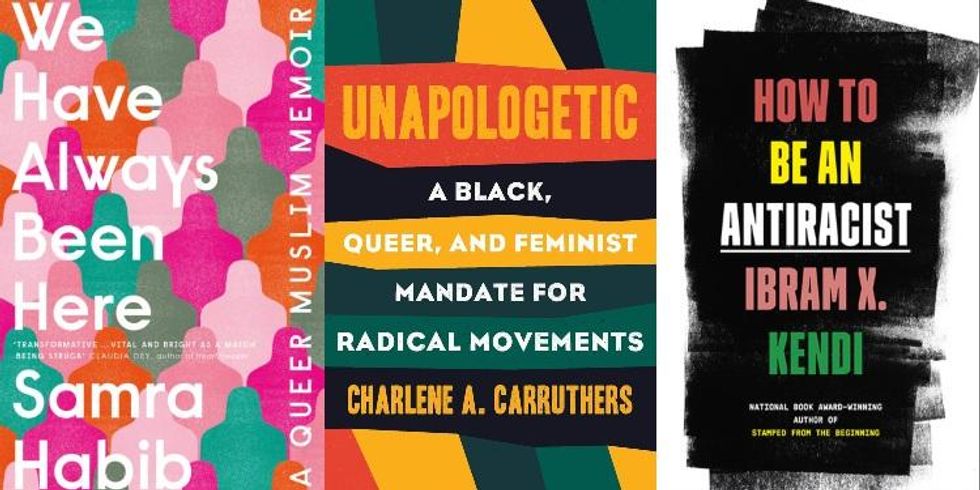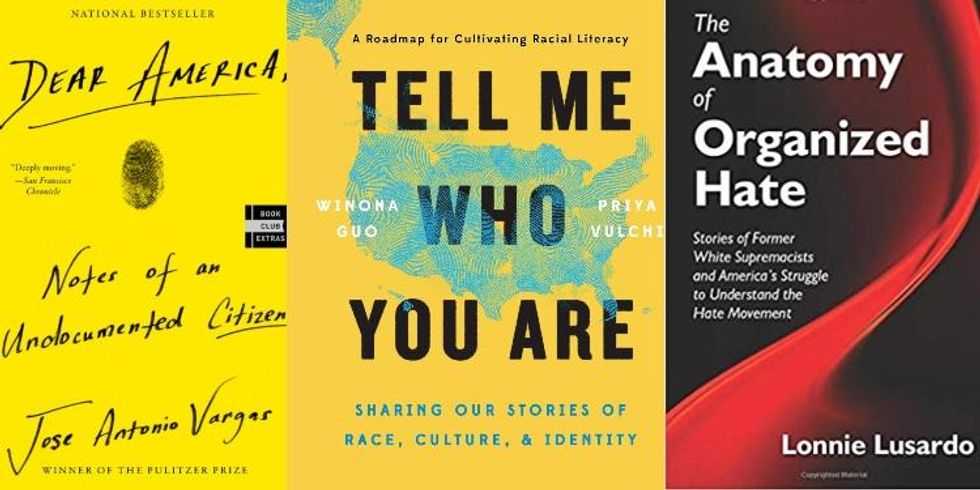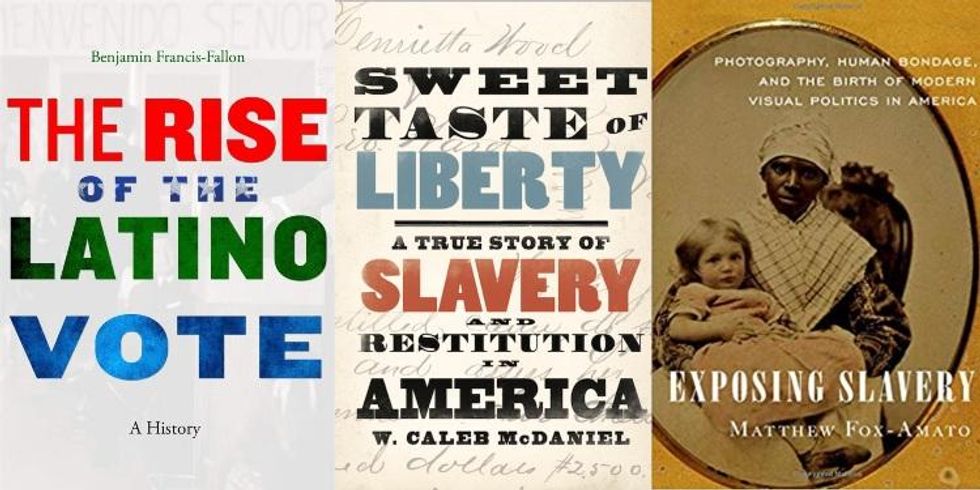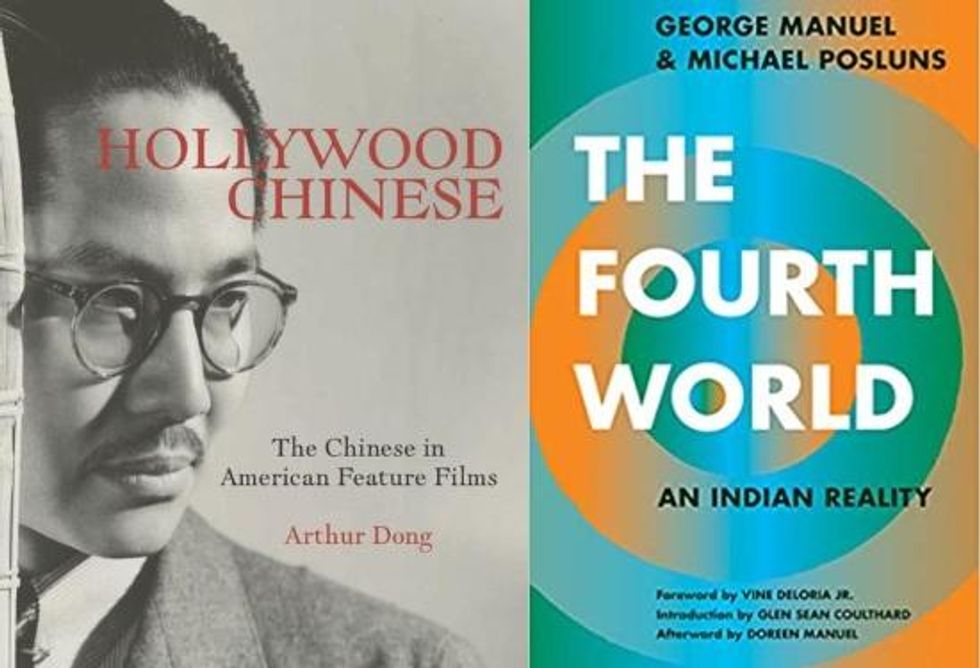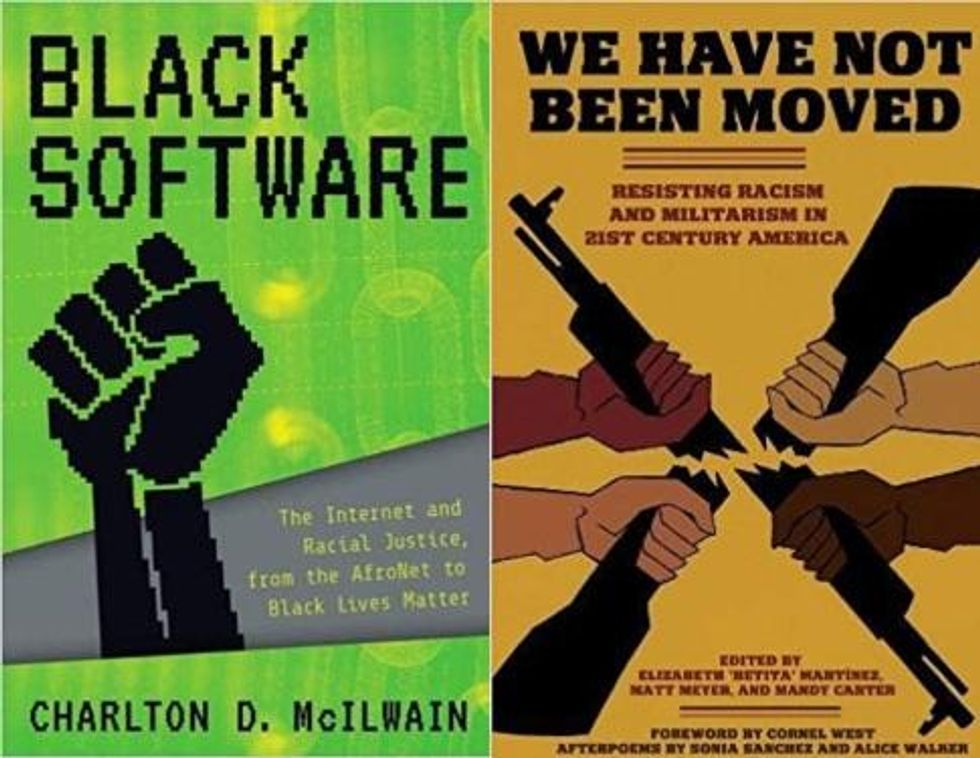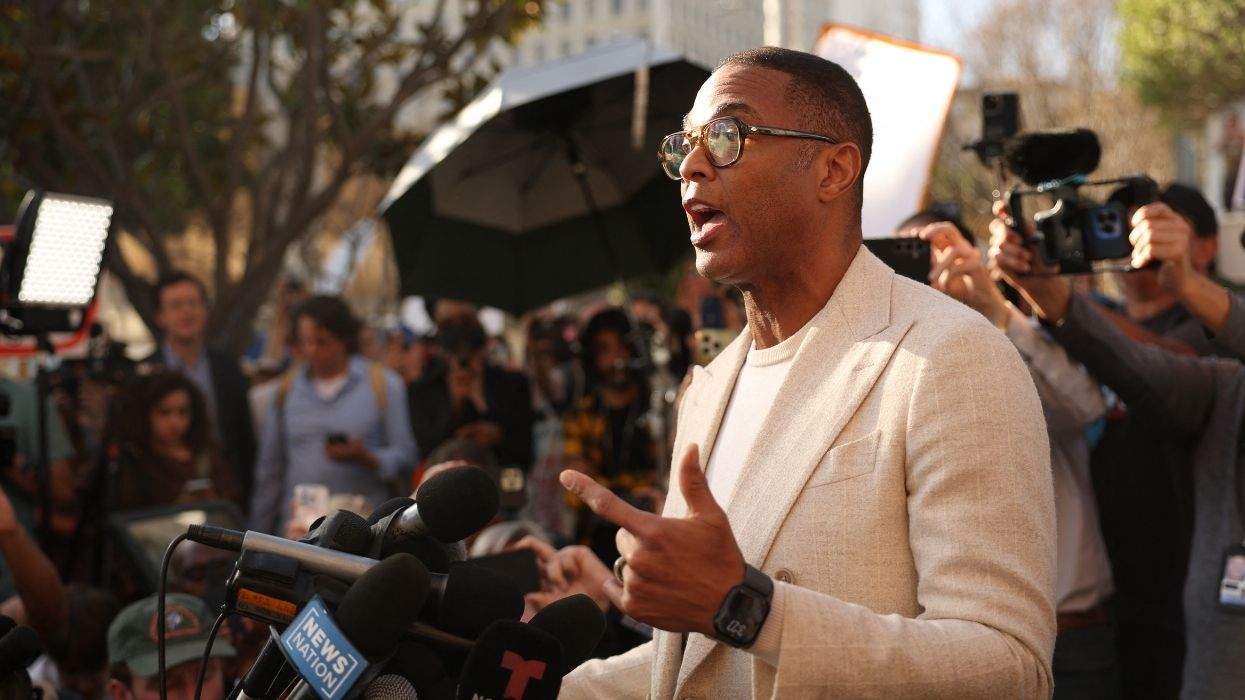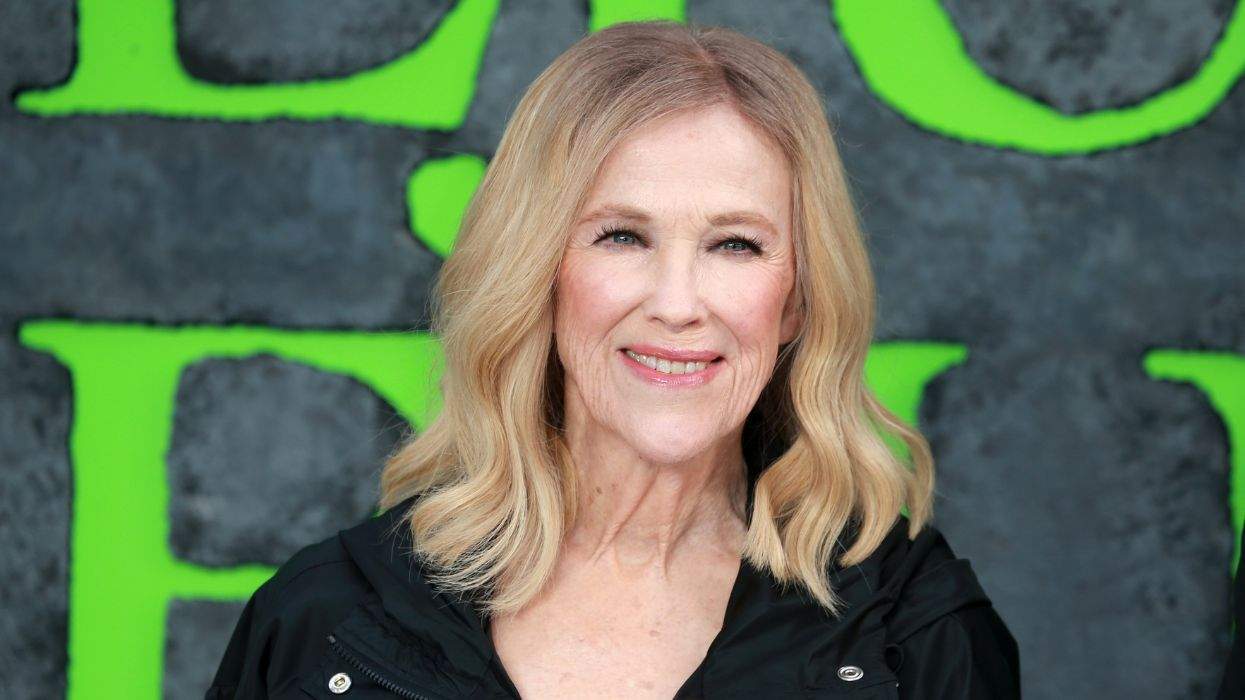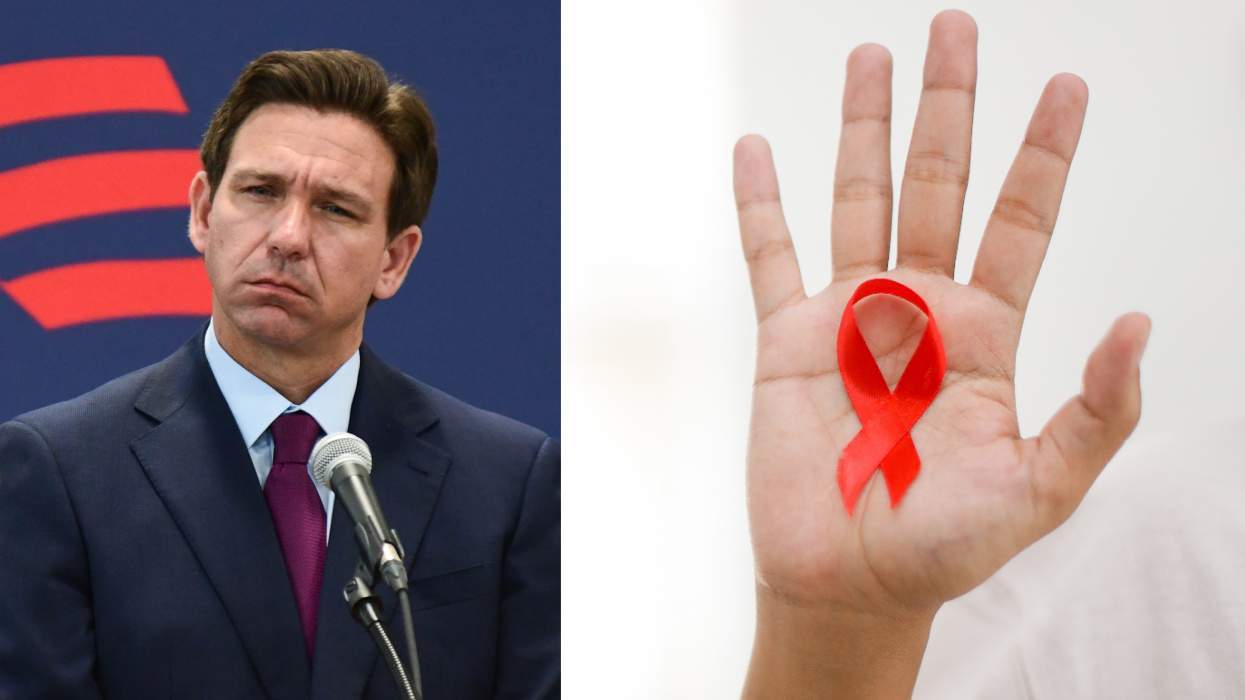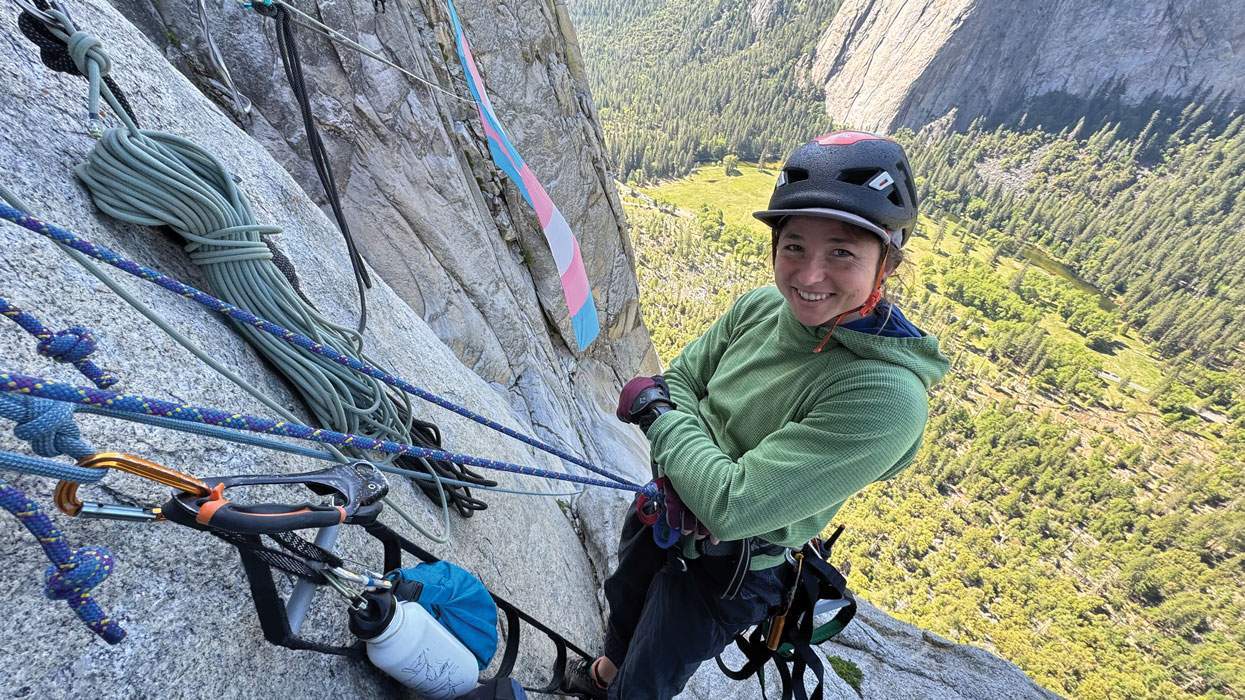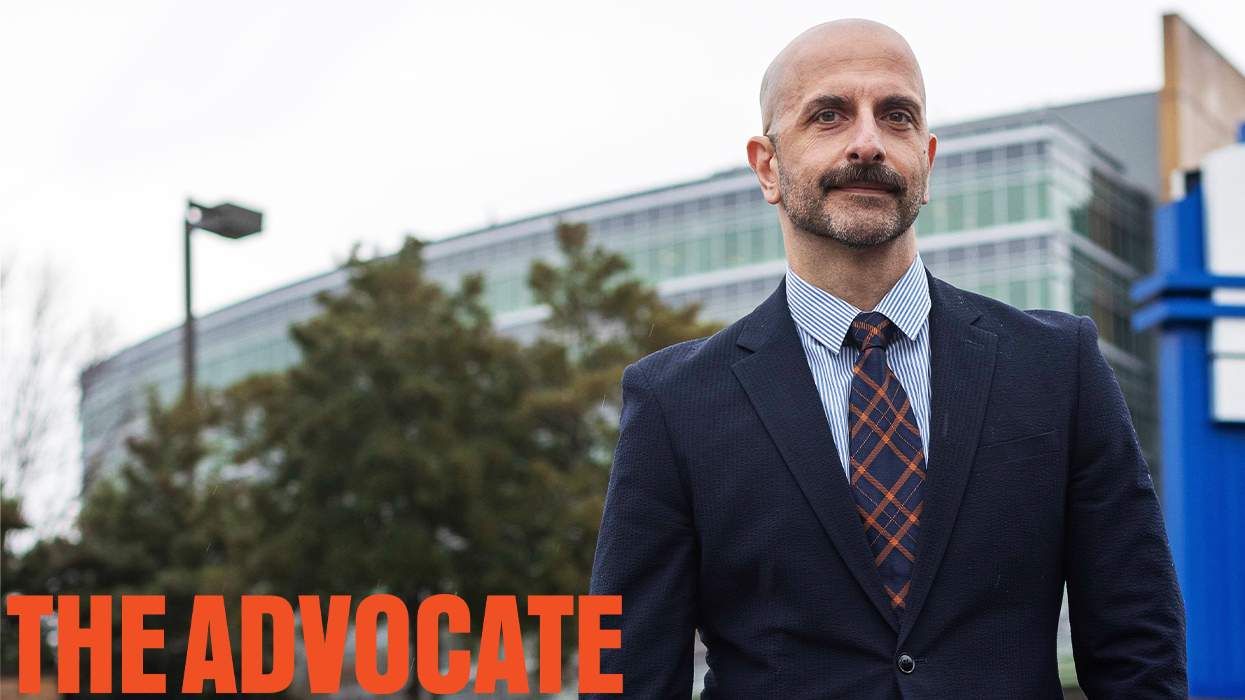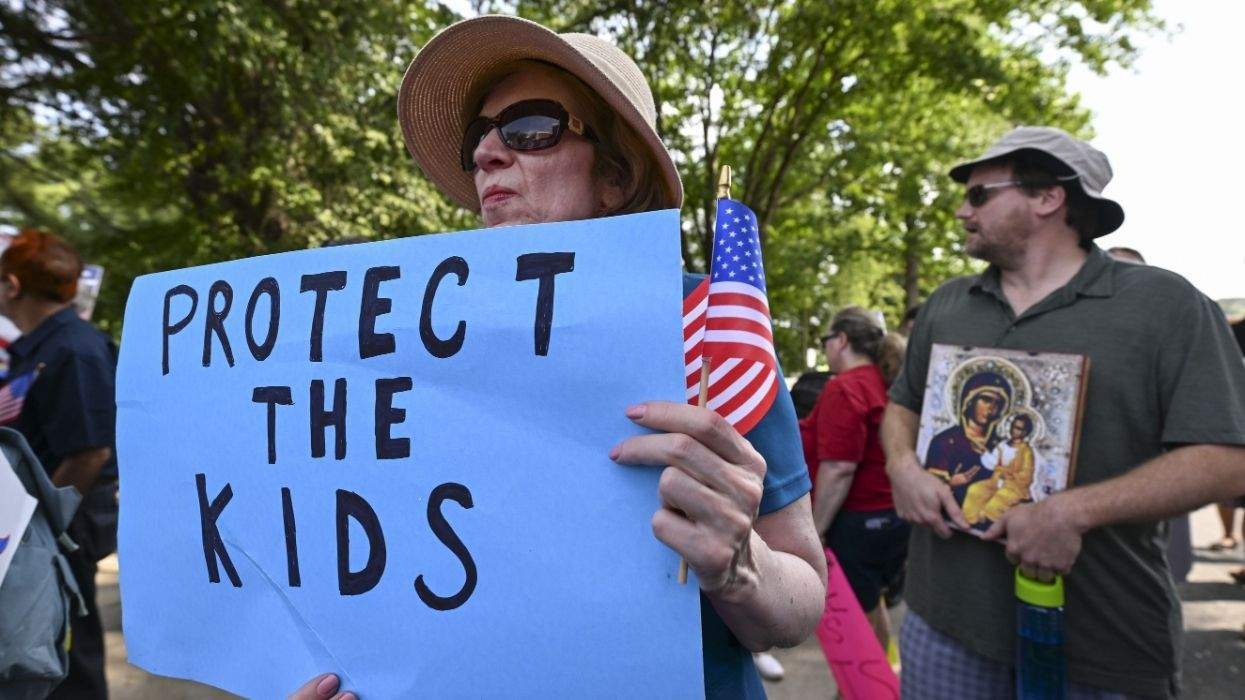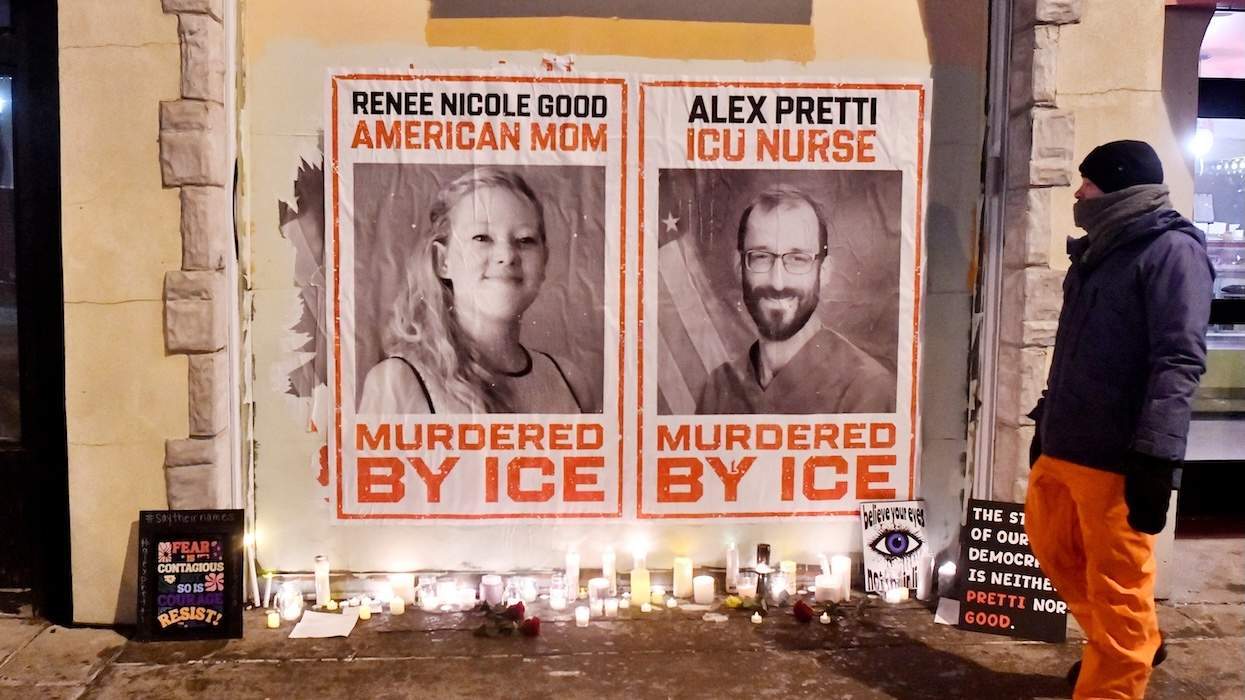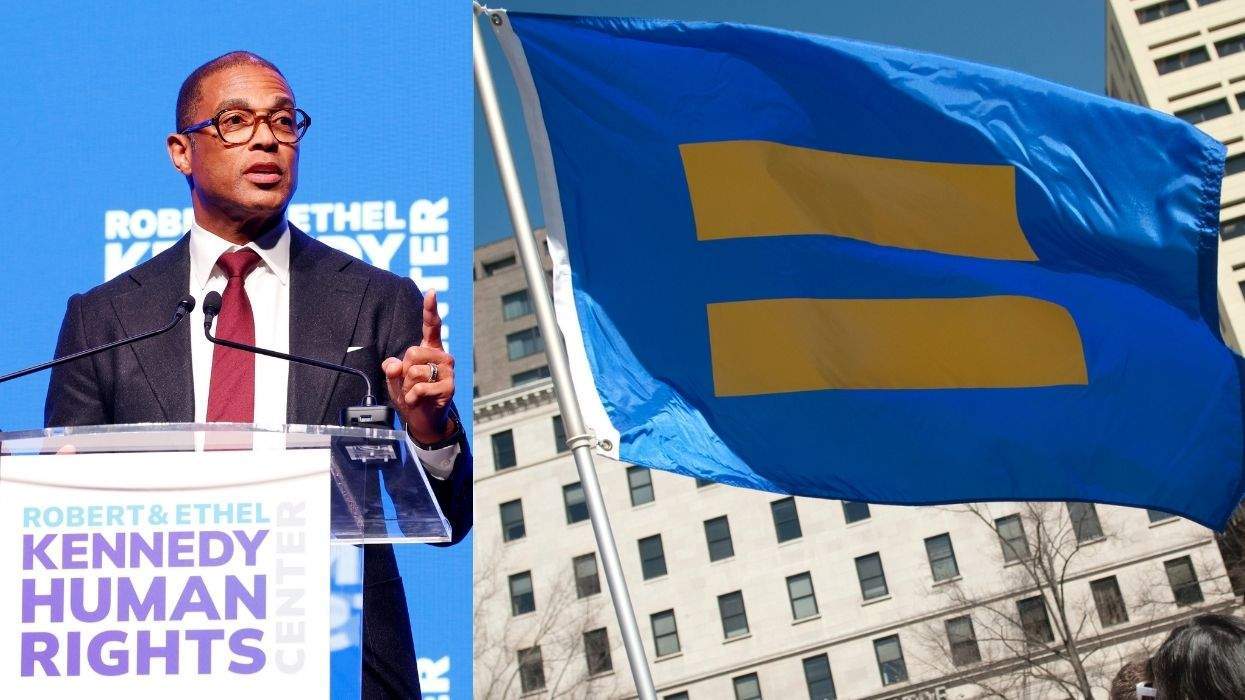We Have Always Been Here by Samra Habib asks the question: How does one find themselves when their world says they don't exist? Growing up an Ahmadi Muslim in Pakistan, Habib was subjected to regular threats from Islamic extremists who believe her small sect was blasphemous. Her sexual orientation placed her in even greater danger, and so she remained in the closet from the world outside her door. Things didn't get much better when her family escaped to Canada as refugees. Racism, bullies, poverty, and an arranged marriage awaited her. She found herself backed into a corner with no safe space in sight to nurture and grow both her creativity and her feminism. The women in her life wanted her to submit to the men who saw her body not as a gift but as a problem to be solved and controlled. We Have Always Been Here details Habib's exploration of faith, art, love, and sexuality. Habib traveled the world to find the answers to her questions, only to learn the truth was within her all along. (Viking Canada) -- Donald Padgett
Unapologetic: A Black, Queer, and Feminist Mandate for Radical Movements by Charlene A. Carruthers blends a practical guide to revolution, a history of the Black liberation movement, a community organizer's memoir, and a brilliant Black queer feminist manifesto into a rich gumbo that's as satisfying for activists as anyone who wants to learn more about the history, current efforts, and future of Black organizing in the U.S. Moreover, it's a smart start for those of us seeking a way forward from this racist, hate-filled, overly partisan moment in America. (Beacon Press) -- Jacob Anderson-Minshall
How to be an Antiracist by Ibram X. Kendi is a primer on how one can respond to manifestations of racism. In his previous book, the National Book Award-winner examined the roots and history of racism in the United States. Now, he turns his lens to what can be done about it, providing a radical reorientation of our consciousness as he identifies, then realigns, our concept and definition of what constitutes "racism." Kendi, a history professor of history and founding director of the Antiracist Research and Policy Center at American University, doesn't limit himself to history and statistics to illustrate the hold that race-based prejudices have on American society, but also shares his own personal journey of overcoming his racist views of the past to his current embrace of antiracism. By laying bare his own soul, How to be an Antiracist moves beyond a simple memoir or treatise to serve as both a warning and guide. (One World) -- DP
Dear America: Notes of an Undocumented Citizen by Jose Vargas is the story of the gay activist, author, and filmmaker in his own words (now in paperback). Vargas is known for his unrelenting and unapologetic style when confronting racism and advocating for the rights of the unrepresented. Unafraid of speaking his mind in the most difficult of arenas, he has not limited his appearances to friendly audiences but has even ventured into the Fox studios to do battle with the likes of Tucker Carlson. Despite his humble upbringing, Vargas has shown that nationality and citizenship are not barriers to achievement and inclusion. Dear America is the Pulitzer Prize-winning story of this journalist, filmmaker, and founder and CEO of Define American in his own words and on his own terms. His documentaries Documented and White People have appeared on CNN and MTV, bringing his much-needed story to a wider audience. A native of the Philippines but raised in the United States since the age of 12, Vargas now has no permanent address as a result of living at constant risk of deportation. (Dey Street Books) -- DP
Tell Me Who You Are: Sharing Our Stories of Race, Culture, & Identity by Winona Guo and Priya Vulchi is an extensive study on race and identity in the United States by two remarkable young women of color. Before attending Princeton and Harvard, respectively, Guo and Vulchi deferred their college admissions and traveled the country interviewing over 500 people from all walks of life and racial and ethnic backgrounds. They then pair those real-life experiences and stories with national statistics and tangible tools for breaking down racial inequities. Ultimately 150 Americans' personal stories and photos are featured in the book, beautifully illustrating the extraordinary scope of diversity making up the fabric of our country. Famed feminist author Roxane Gay said the "book is at once hopeful, raw, and brimming with curiosity, engagement, and youthful energy. Beyond the book, Guo and Vulchi cofounded CHOOSE in 2014, an organization and website that encourages open discussions around race and identity. Similar to Tell Me Who You Are, the authors collected stories from the site and matched them with stats and facts to create a textbook called The Classroom Index, now being used in classrooms across the country. (Penguin Random House) -- Desiree Guerrero
The Anatomy of Organized Hate: Stories of Former White Supremacists and America's Struggle to Understand the Hate Movement, by former Advocate editor Lonnie Lusardo, marks a monumental achievement that could very well change the trajectory of how we combat hate in America. In part, Lusardo has created a careful inventory of the types of hate crimes common in the U.S. (from LGBT to those against people of color, those with disabilities or experiencing homelessness, Muslims and Jews, and more) as well as the often myopic and misinformed motivations behind them (For example, Sikhs, Hindus, and non-Muslim Arabs are often victimized because their attackers aren't educated enough to know the difference between Muslims and other groups that wear head coverings). In a political era where the President of the United States stokes the fears that live at the heart of hate crimes with regularity -- especially those against trans and queer people, Latinx and Middle Eastern immigrants -- and his administration plays hosts to a litany of leaders who belong to or are aligned with white supremacist culture, the personal stories in the first half of The Anatomy of Organized Hate are particularly compelling. In them, survivors of extremist groups explain the sociological patterns that drew them in, including fear, a sense of safety within those groups, and an underlying foundation of belonging that leads individuals to give up their own values in "submission to a leader's credo, no matter how abstract or absurd, and commit to the cause. Such unity is often foreign to those who share characteristics of angry loneliness and an inability to form enduring friendships."
But the onus is not on individuals alone here. Lusardo also indicts broader culture and journalists, arguing that the impact of media mergers has had a terrifying effect on journalistic standards, leading to weak media coverage of hate groups and hate crimes. Because the news media heavily influences public perceptions of religion, gender, sexuality, ancestry, immigration, and other issues that affect community cohesiveness, Lusardo argues, the truncated and unbalanced news at objective outlets chasing higher traffic over detailed reporting as well as news outlets guided by right wing conservative editorial agendas has led to news consumers who don't even realize they aren't really hearing about hate crimes happening around them. "Instead, they learn what media moguls want them to learn," Lusardo writes.
While Lusardo offers a conclusion with ways in which we can all fight hate crimes and hate organizations in America (both of which are on the rise), he explains one overriding obstacle that organizers and individuals will have to contend with. As the population in the U.S. shifts to more minority-majority, white hate groups have formed to make sure the dominant U.S. culture remains what they envision: white, Christian, heteronormative. But, largely, political leaders and leaders of the criminal justice system fit that same profile, which Lusardo argues makes "the prospect of managing the hate movement more difficult... As the dominant culture changes, can the vision of liberty and prosperity for all Americans be accomplished when only the dominant culture governs the process?" I think we all know the answer to that. (The Diversity Collaborative) -- Diane Anderson-Minshall
The Rise of the Latino Vote: A History by Benjamin Francis-Fallon examines the genesis and evolution of Latino politics in the United States. This comprehensive account of looks at the growing influence, from initial grassroots activists and America's first Latino legislators to the current identification as a powerful and united constituency. Through his scholarly approach to the subject, Francis-Fallon shows that one must look to the past in order to understand the current and future values, ideologies, and objectives of the Latino communities. He argues against the accepted notion that their voting preferences are the preordained results of "immigration-fueled demographic growth." Instead he shows how it is the nurtured result of '60s and '70s activism, "painstakingly created over decades... through relentless creative action." The Rise of the Latino Vote tells of the sense of community that maintained their identity within a multi-ethnic electorate and, as a result, grown into a significant voting bloc that can no longer be ignored or taken for granted. Francis-Fallon is a historian of U.S. immigration, ethnicity, and politics, and is an assistant professor of history at Western Carolina University.(Harvard University Press) -- DP
Sweet Taste of Liberty: A True Story of Slavery and Restitution in America by W. Caleb McDaniel is the remarkable story of freed slave Henrietta Wood who later sued the kidnappers that sold her back into slavery. She received only $2,500 of the $20,000 she sought, but it remains the largest sum awarded as restitution for slavery in the United States. Woods remained enslaved throughout the Civil War, finally winning her freedom a second time following the surrender of the Confederate forces. While the sum she received was but a fraction of what she sought, Sweet Taste of Liberty tells of how even this small amount positively impacted her life as well as the lives of her son and his descendants. Her story is particularly relevant against the backdrop of renewed calls for reparations to those still impacted by the echoes of the pernicious institution of American slavery. McDaniel, an associate professor of history at Rice University, shows how this little remembered historical precedent played a role in the contemporary issues of social justice, racial inequalities, and inequities of status and income. Sweet Taste of Liberty uses the past so show how the open wounds of slavery still exist. (Oxford) -- DP
EXPOSING SLAVERY: Photography, Human Bondage, and the Birth of Modern Visual Politics in America by Matthew Fox-Amato shows the impact of photography in exposing the abuses of human bondage that scarred the first 100 years of this nation, and whose impact echoes even today. Photography was in its infancy at the start of the Civil War. The first known photograph of a president, for example, was that of an aging John Quincy Adams in August 1843 nearly two decades following his administration. Photography exploded into the public scene through the seminal Matthew Brady. He captured the life of soldiers during the Civil War, but his was and is best known from his photography cataloging the aftermath of famous battles. His work was horrific but highly popular as it brought home the reality of war for the first time. While his work was quickly and intentionally forgotten after the war by those seeking to forget that time, others used the new medium to record other atrocities, namely the brutality of slavery. Exposing Slavery shows how photography was swiftly and effectively transformed into a powerful social and political tool for abolitionists seeking to abolish this stain on the country's history. With over 100 color illustrations, Fox-Amato reminds the reader of not just the horrors of the past but also the impact photography had in exposing them. From current and ex-slaves to free Americans and abolitionists, Exposing Slavery brings much needed awareness to one of the ugliest periods in this country's history. (Oxford University Press) -- DP
A fascinating new book by gay author and filmmaker Arthur Dong delves deeply into a long-overdue topic: the treatment and portrayal of Chinese people in American film. Hollywood Chinese: The Chinese in American Feature Films takes an honest and intimate look at the Chinese influence in Hollywood, from the controversial casting of white actors in Asian roles, also known as "yellow face," to the exoticized romances starring glam silver screen legends like Anna May Wong and Nancy Kwan, to 2018's Crazy Rich Asians, the first film with an all-Asian cast in over a quarter century. Dong is an Oscar nominee as well as a Peabody and Sundance award-winning filmmaker. Among his films on LGBTQ issues are Coming Out Under Fire (1994) and Licensed to Kill (1997). (Angel City Press) -- Desiree Guerrero
The Fourth World: An Indian Reality by George Manuel and Michael Posluns is the long-awaited reprint of the 1974 foundational work of radical anti-colonialism. This long out-of-print book traces the Indigenous peoples survival as a nation and culture and presents an alternative world to exist apart from the new, old, and third worlds. The authors were the first to develop this concept of a fourth world occupied by Indigenous nations living within but separate from colonial nation states. Manuel (1921-1989) was an aboriginal activist and leader who formed the UN-affiliated World Council of Indigenous Peoples in 1975, while Posluns is a Canadian journalist, researcher, and author of multiple books on first nations. The Fourth World features a new introduction by Glen Sean Coulthard, assistant professor at the University of British Columbia, and Doreen Manual, owner of Running Wolf Production and program coordinator of the Capilano University Indigenous Independent Digital Filmmaking Program. (University of Minnesota Press) -- DP
Black Software: The Internet and Racial Justice, from the AfroNet to Black Lives Matter by Charlton D. McIlwain is an examination of the historical relationship between Black Americans, racial activism, and the Internet. This is a thorough history of Black technology, posing the question of whether it will ever be enough to overcome white supremacy. Black Software tells two stories. The first is of the digital pioneers whose genius, direction, content, and vision positioned the community for later inclusion and activism. The more sinister second story describes the institutional forces of oppression from government, elite science, engineering education institutions, and the computing industry use technology to pacify and subjugate peoples of color. McIklwain is vice provost of faculty engagement & development at New York University, and professor of media, culture, and communication at NYU's Steinhardt School. He is the author of numerous books, and his scholarly works focus on the intersection of race, digital media, and racial justice activism. (Oxford University Press) -- DP
We Have Not Been Moved: Resisting Racism and Militarism in 21st Century America is a compendium of writings edited by Elizabeth "Betita" Martinez, Many Carter, and Matt Meyer. The varied list of distinguished contributors examines the pillars of racism and militarism in American society by reviewing the intersection of white supremacy and the military war machine that serves to control peoples of color and suppress their cultural identities. Using a collection of historic, unpublished, and rarely seen writings and interviews, We Have Not Been Moved sheds light on not just historic social injustice but also strategic and tactical paths to radical transformation through revolutionary non-violence. This work includes an introduction from Cornel West, and afterwards and poems by Alice Walker and Sonia Sanchez. (PM Press) -- DP

